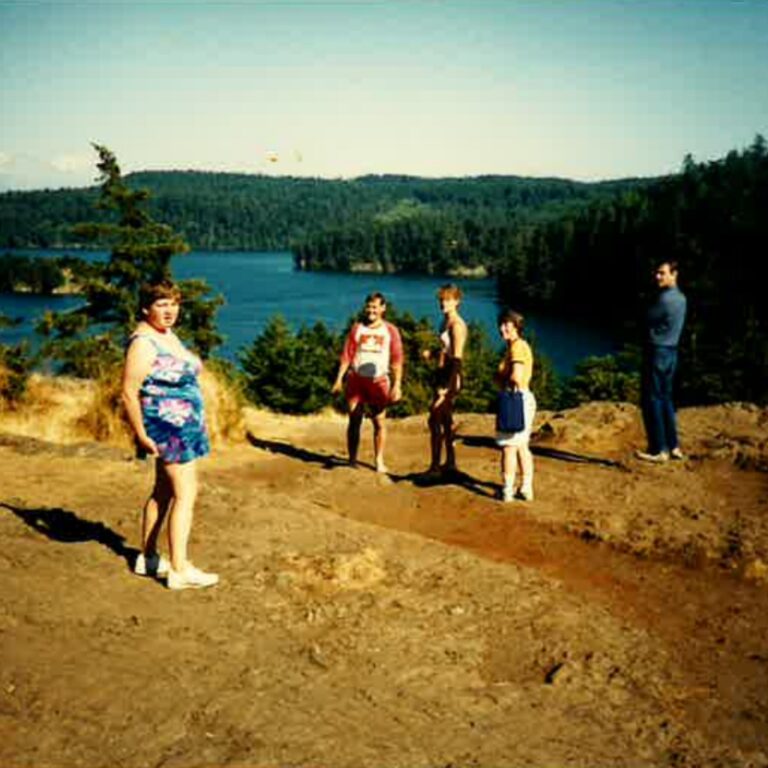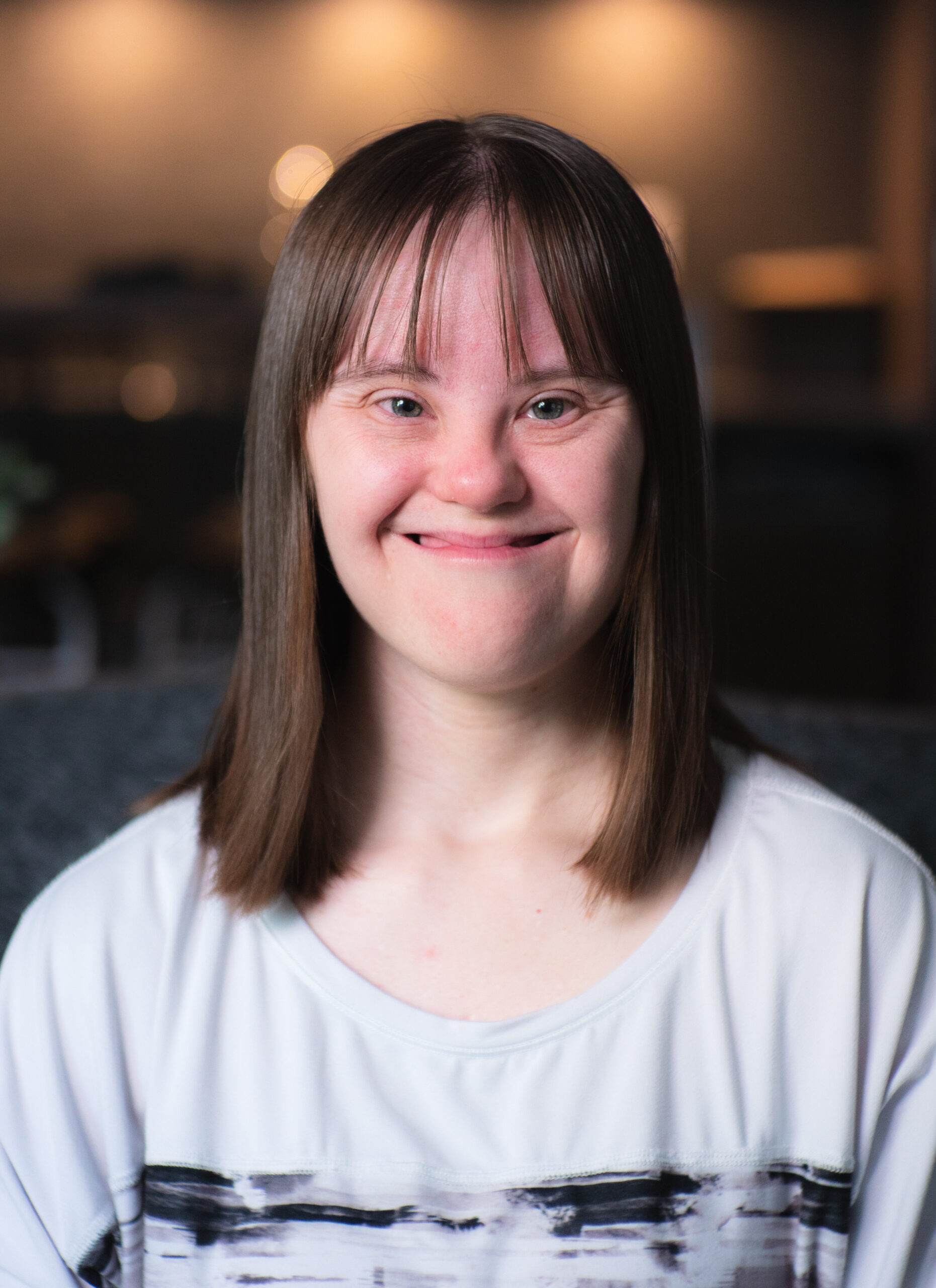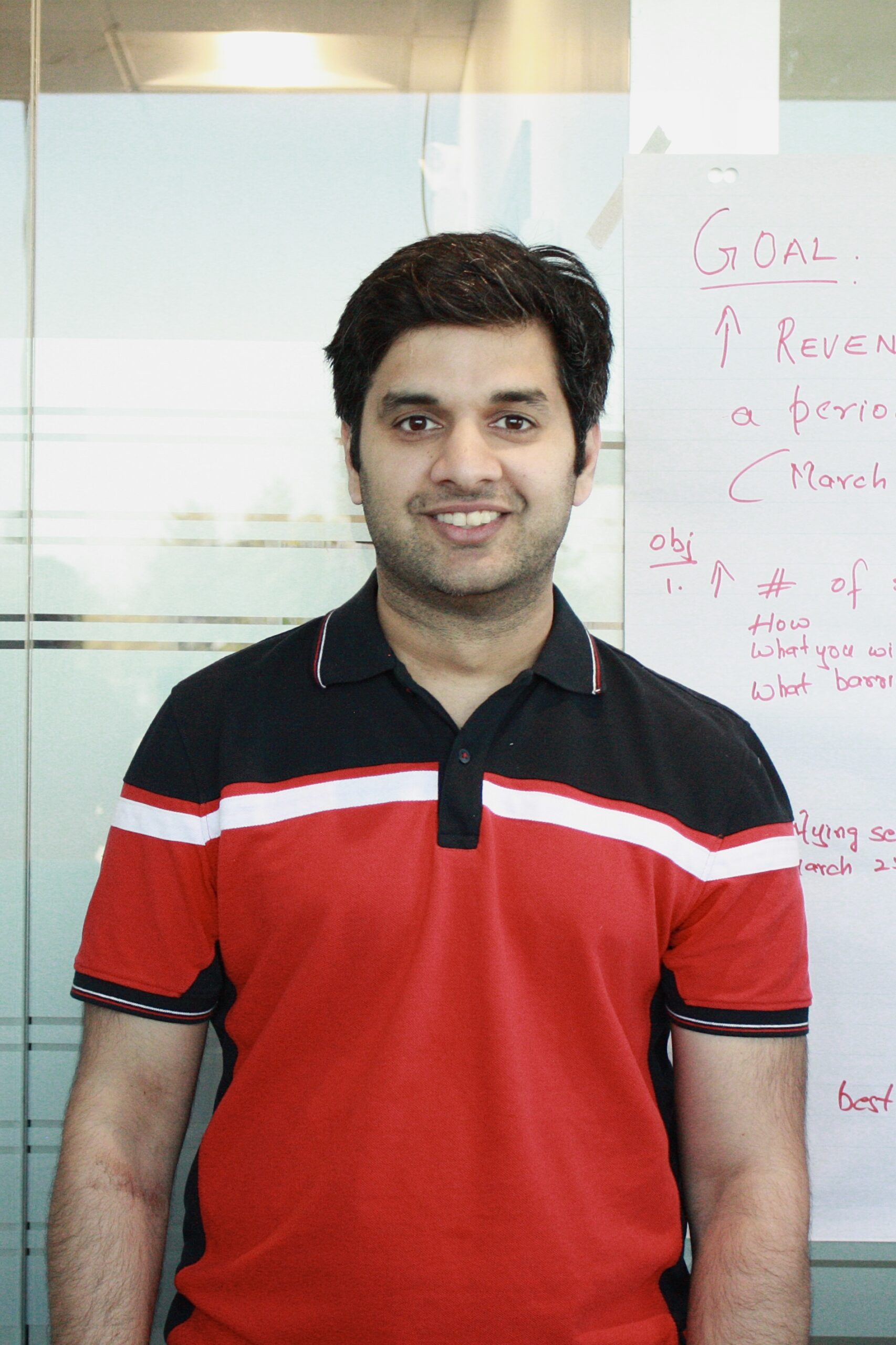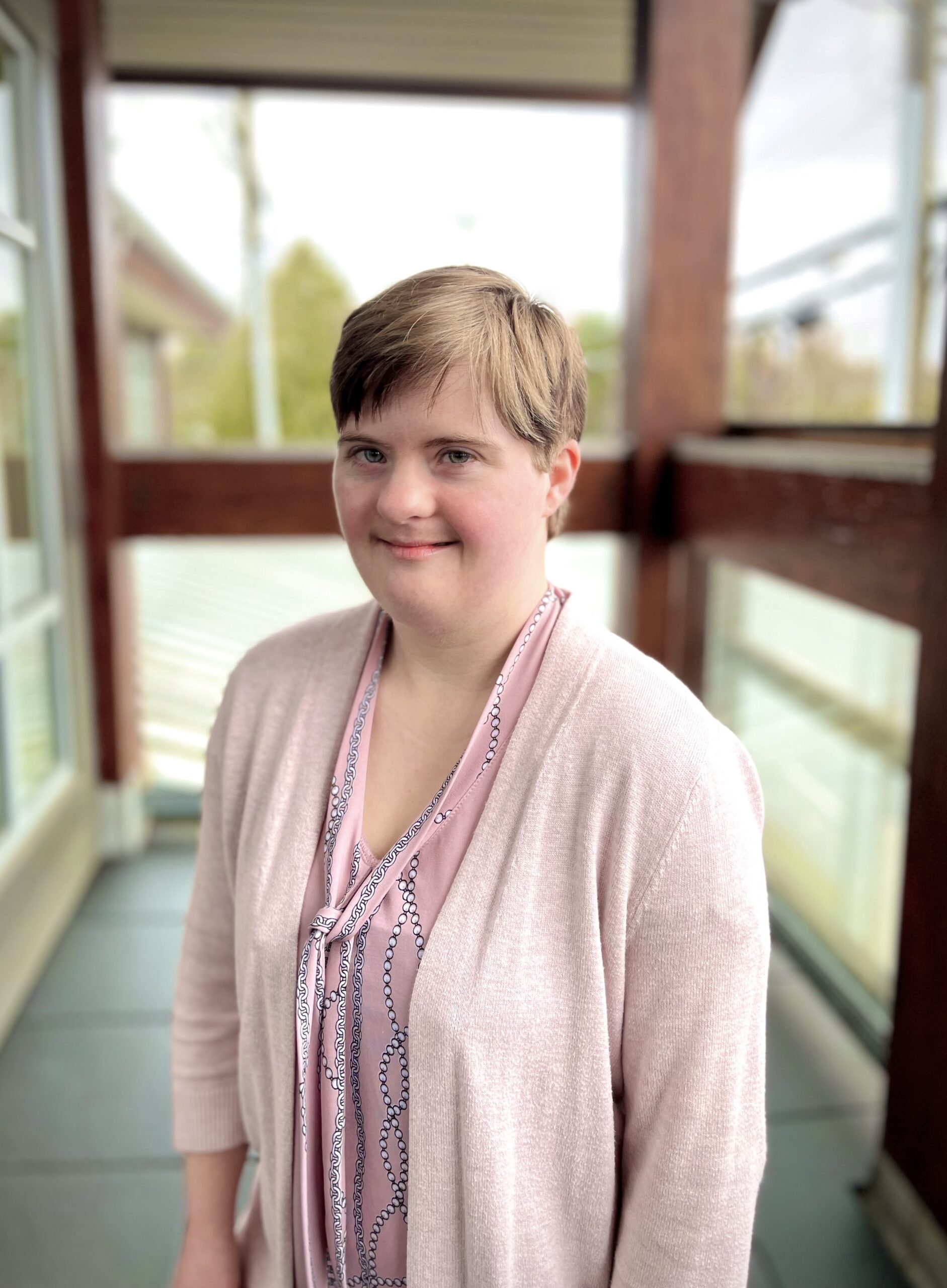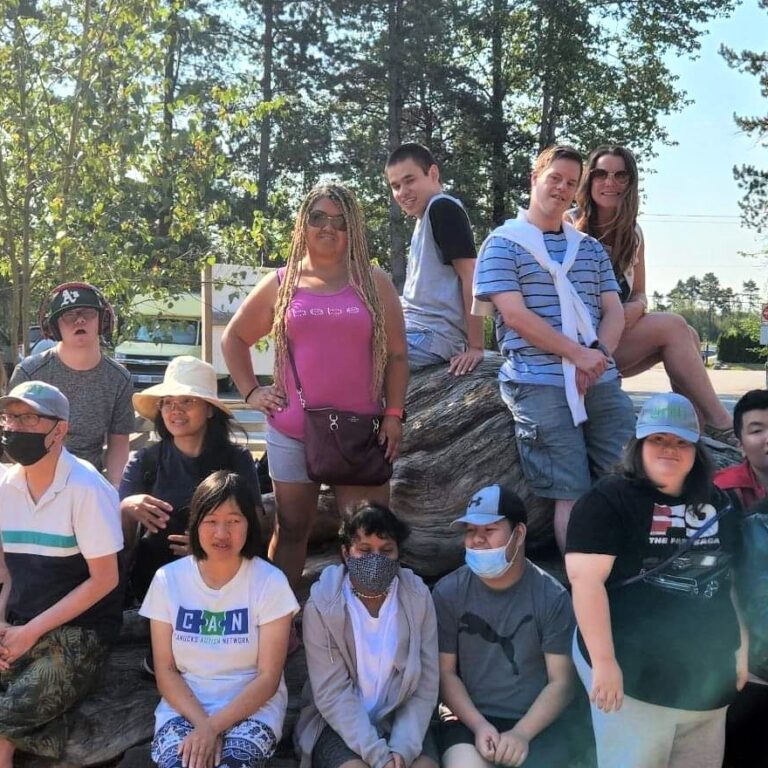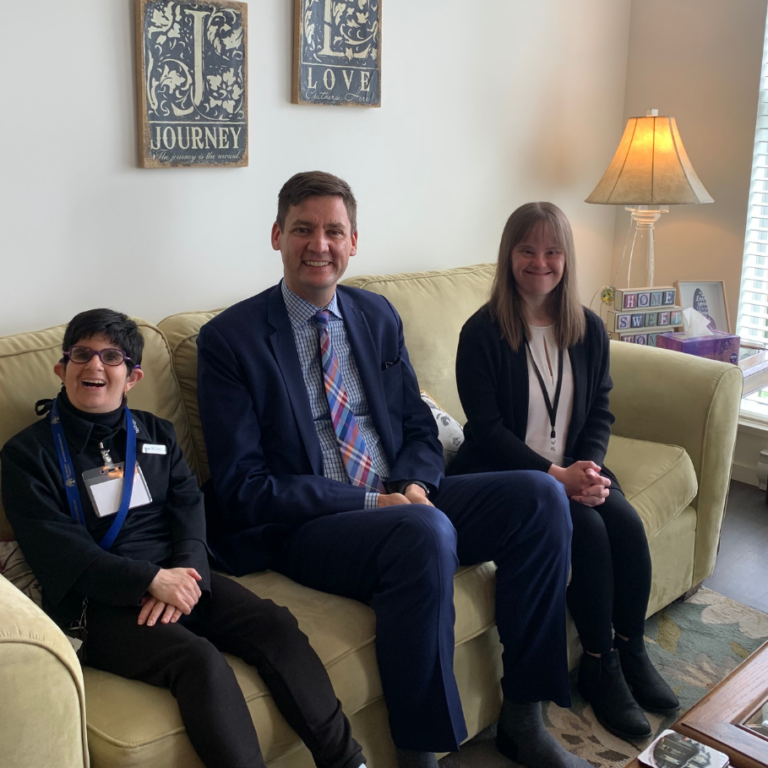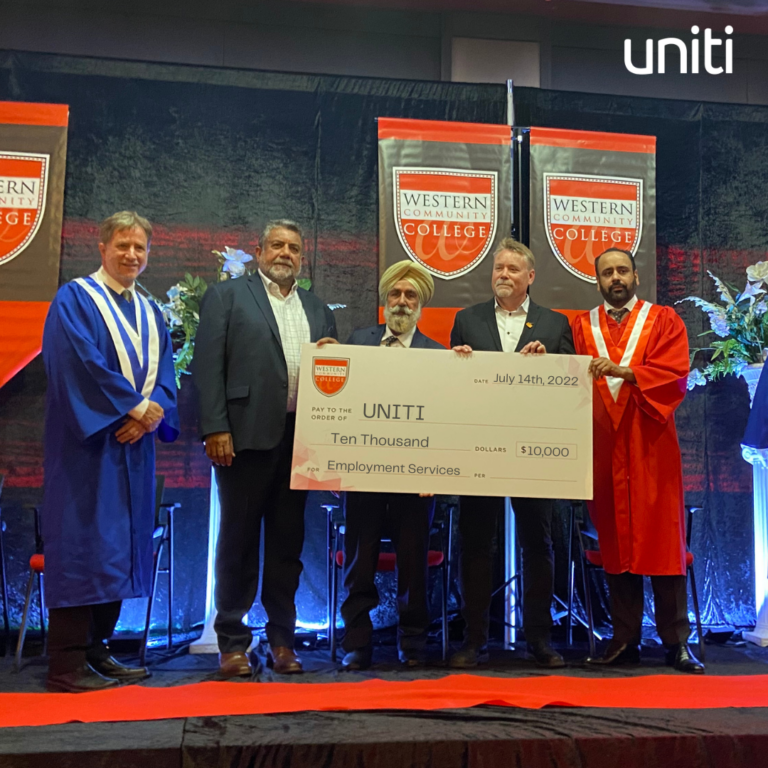Who We Are
UNITI builds healthy and inclusive communities for all.
Our Purpose People lead self-directed lives in their communities.
UNITI offers quality services to people with developmental disabilities and their support networks. We also provide affordable and inclusive rental housing in Surrey. Through community engagement, we increase awareness about inclusion, advocacy and disability rights. We firmly believe that together we’re stronger.
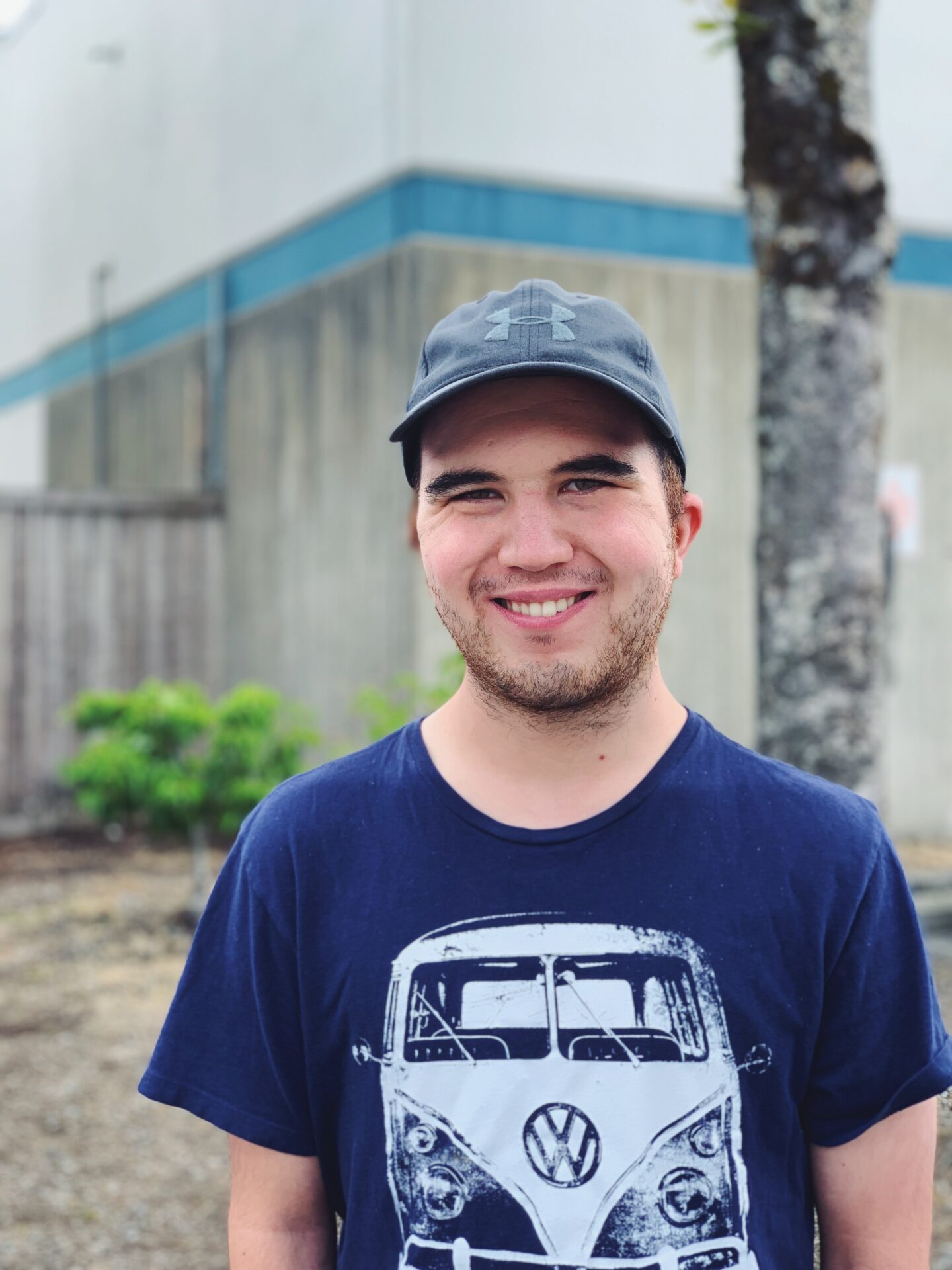
OUR PHILOSOPHYCommunity inclusion for all.
UNITI believes that people who have developmental disabilities should be valued and included fully in their communities, with the same rights and responsibilities as all people living in Canada.
We believe that all people have the right to control their own lives through personal choices about relationships, jobs, living arrangements, spirituality, travelling, and recreational activities, and that all people have the right to give back to their communities through volunteering and helping others. Everyone is entitled to live a happy, full and meaningful life.
We also believe that these rights can be reinforced and protected by making sure that people are connected to and supported by friends, family, staff, and the community.
Our HistorySemiahmoo House Society, Peninsula Estates Housing Society, and The Semiahmoo Foundation adopt UNITI as the name for their partnership. UNITI continues to reflect on and transform our understanding of inclusion.
2020’s
UNITI is now our new name in an effort to unify the three organizations: Semiahmoo House Society, Peninsula Estates Housing Society and the Semiahmoo Foundation. The push for more affordable housing in Surrey continues. In 2021, even after immense support from local residents and businesses, the building proposal for Harmony Apartments was denied by the Surrey Mayor at the time and four councilors. In response, UNITI and community allies campaigned to make Affordable Housing a key issue during the 2022 Municipal Elections. The campaign included “Lauren’s Story”, a documentary about the proposed Harmony Apartments and the impact its rejection had on Surrey residents, in particular Lauren Simpson, a community ambassador and housing advocate. In November 2022, Harmony Apartments was finally approved unanimously at a public hearing by the newly elected Surrey Mayor and Council.
In response to covid-19, UNITI developed services like the Community Development Services.
In 2023, UNITI Self Advocates hosted twenty South Korean social service leaders, guiding them through the South Campus building and the Chorus Apartment. UNITI Self Advocates expressed pride in sharing their knowledge about inclusions and housing with others around the world.
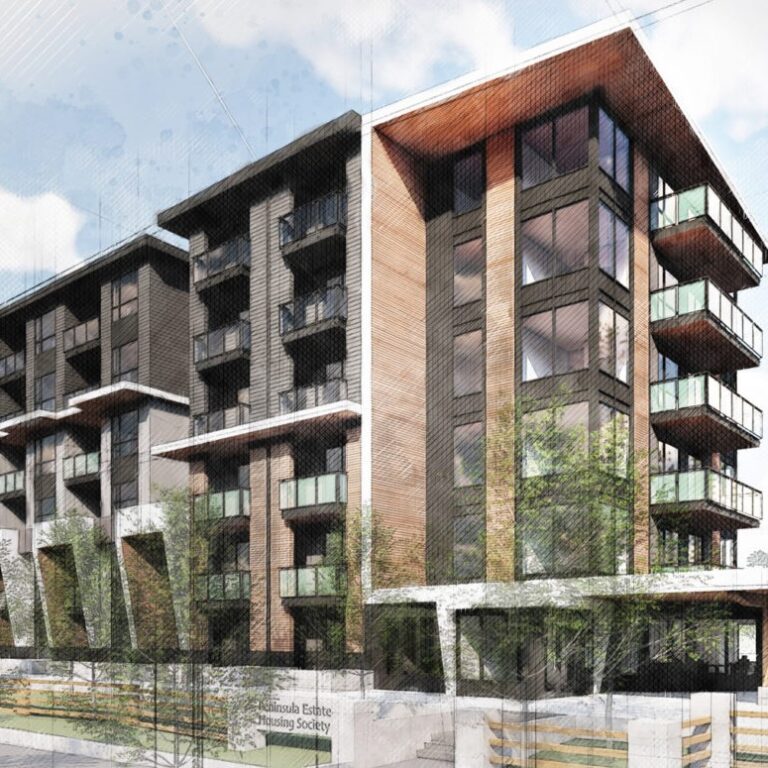
2010’s
In 2016, the Peninsula Estates Housing Society completed the construction of Chorus Apartments, and the first tenants moved in! At the time, Chorus Apartments was the first purpose-built rental housing built in Surrey in over 3 decades. The mix of residents reflects the diversity of our community and includes families, seniors, and people with developmental disabilities. At the same time, advocacy groups were pushing for a shift in disability language to emphasize that people with disabilities have human rights and the right to be in community.
In 2010’s UNITI saw growth internationally. UNITI’s models of inclusion won national awards and was also presented at many international conferences.
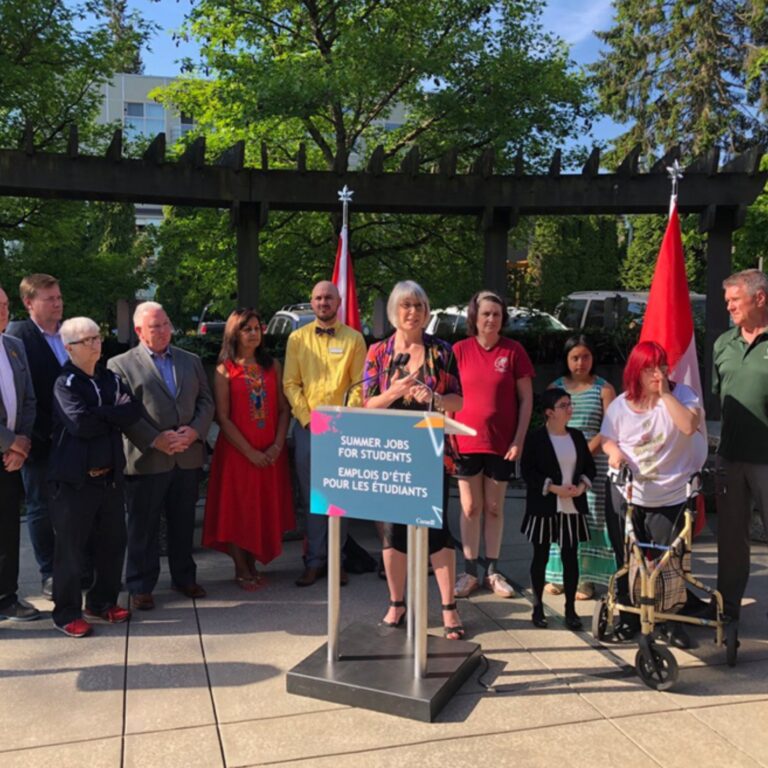
2000’s
Home Share becomes an attractive alternative to Group Homes. In this model, people with developmental disabilities live in a home with a contracted Home Share provider and are included in the provider’s family and daily activities. In 2003, UNITI’s flagship building, The Treehouse (now known as South Campus), was completed. The building is home to services and administration and has been used to host very successful events for the community, including weddings, dances, and seven Taste of BC’s Finest events. In 2007, because of the desperate need for young people with disabilities to have social and recreational activities, UNITI’s Rec and Leisure Services was founded. Since then, 100s of youth and seniors have enjoyed everything from weekly activities to international trips with their friends.
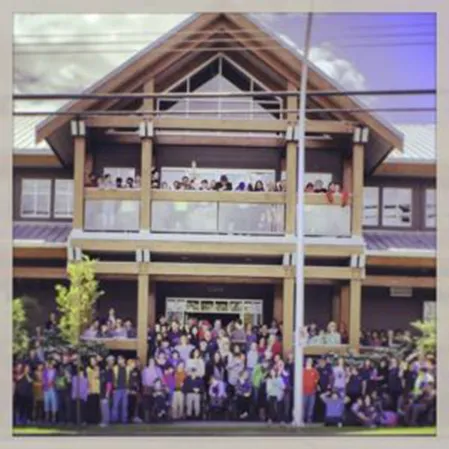
1990’s
In 1990, The Semiahmoo Foundation was incorporated. This was in an effort to separate fundraising and donation amounts from the Society’s operations. The Foundation was determined to encourage community programs for people with disabilities, establish a building fund so as to work towards further residential developments for people in need of housing, and to promote awareness about the rights and needs of people with disabilities.

1980’s
In 1981, Semiahmoo House Society purchased the Peninsula Estates property at 20th avenue and 151A street in Surrey to use as affordable housing with one-third of the units reserved for people with disabilities. At this point, the Peninsula Estates Housing Society was born. In 1983, Semiahmoo House Society sold their property on Oxford (the old Dawn school) and purchased the old Surrey Fire Hall on 24th avenue. Following renovations, the building opened as The Achievement Centre. Here, people with disabilities learned life skills such as cooking, banking, learning about community resources, and more as well as they engaged in a variety of recreational activities. During the 1980s, a variety of programs bloomed such as Semiahmoo Employment Services and Semiahmoo House Society Recycling Program.
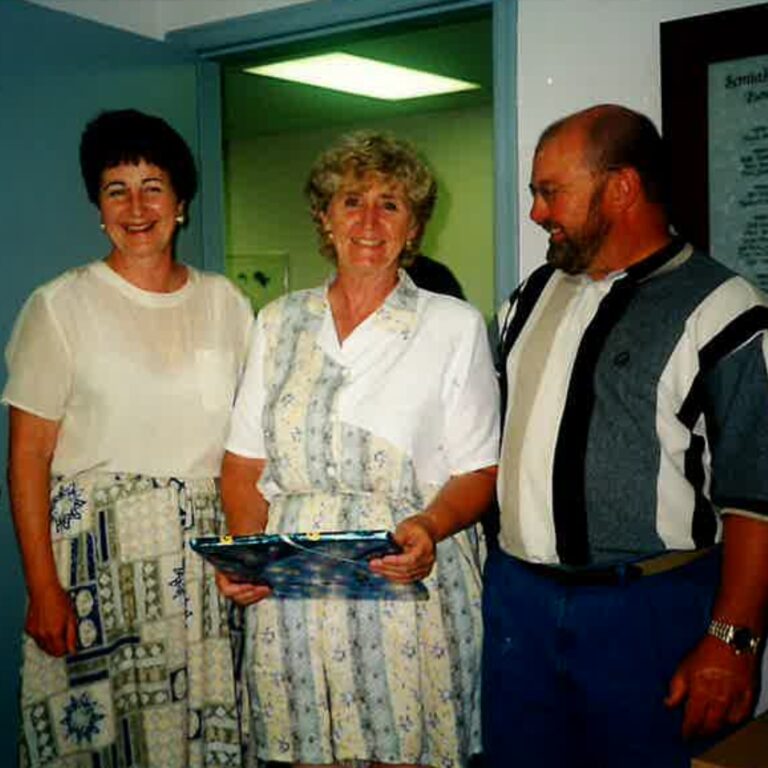
1970’s
Fewer and fewer people with disabilities are enrolled in institutions, although Woodlands, Glendale, Tranquille and Riverview were still open. The White Rock Society purchased five acres of land on 24th avenue and 8 alumni of Dawn School moved into their new home called Fir Acres. At this time, a separate organization, the Semiahmoo House Association, was also providing programs in White Rock to people with disabilities. The Semiahmoo House Association was a social program initially run by the Canadian Mental Health Association. In 1974 it became an official society and the Board of Directors was formed. At this time, the government encouraged people with disabilities to live in staffed homes and move out of institutions. But there wasn’t much funding for these staffed homes, so these programs relied on fundraising and advocacy, such as by the Go-Getters. By the end of the 1970s, the White Rock Society and the Semiahmoo House Association joined together to form the Semiahmoo House Society.
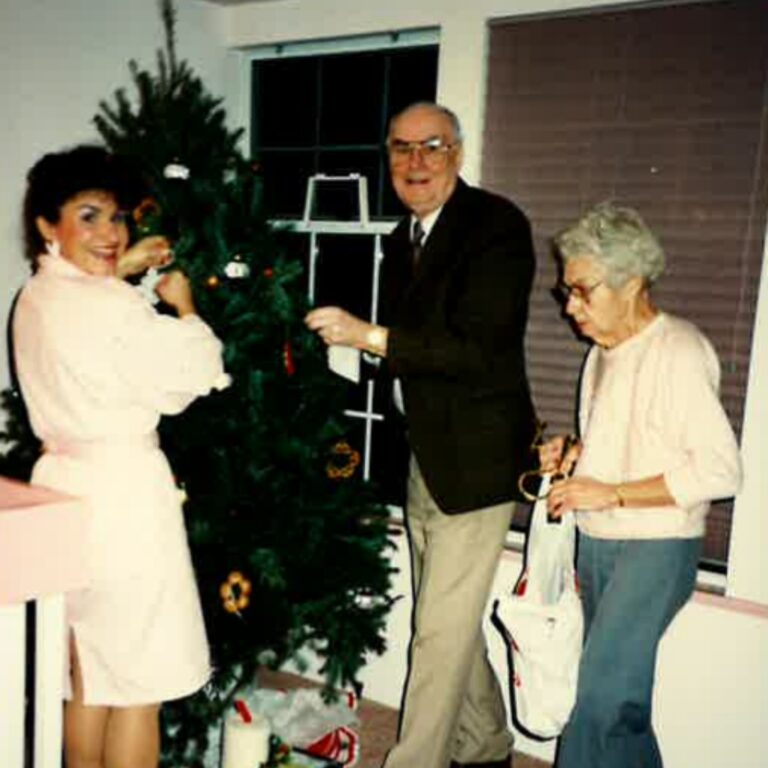
1960’s
In 1965, the class moved to the new Dawn School, which was deeded to the White Rock School Board. Half of the school’s budget was fundraised and the other half was covered through government grants. In 1969, a retiring teacher, Jean Burke, stated that “The term “forgotten children” no longer applies. These children are winning a rightful place in society. What is our aim in teaching? Happiness first, all else follows. What do we want for these children? To be accepted for who they are.” During the 1960s, the Ladner Farm also opened, providing opportunities for adults with disabilities to plant and harvest crops and take care of livestock.
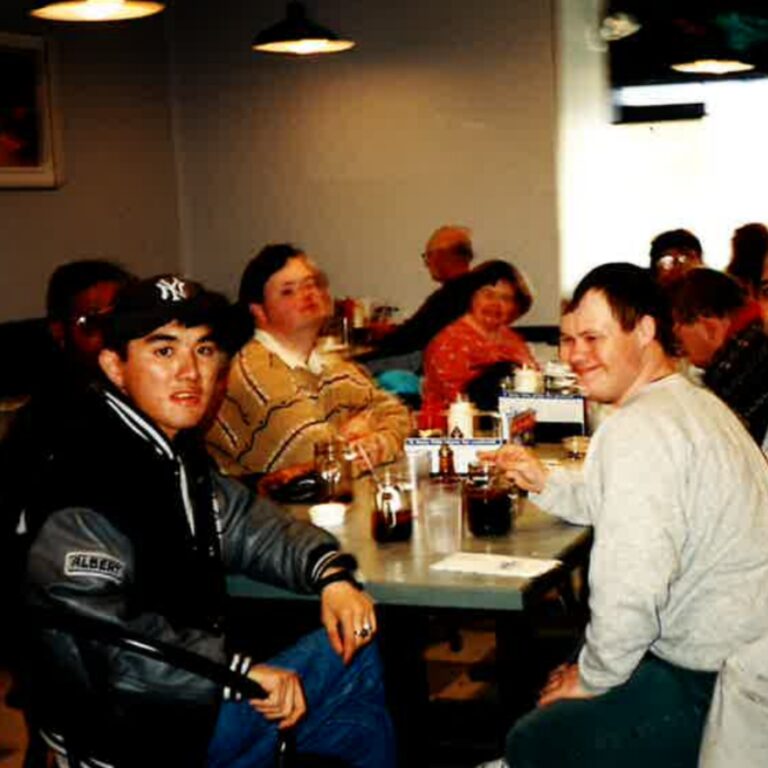
1950’s
In 1956, a meeting for the Surrey Parent-Teacher Association led parents, mostly mothers, to form the Boundary School for the Retarded. In May 1958, the school officially opened with its first day of classes. Soon after, the Boundary School split into two: the White Rock Society and another in Surrey. In 1959, the White Rock Society secured a classroom in Thrift Elementary School on Oxford Street in White Rock.
